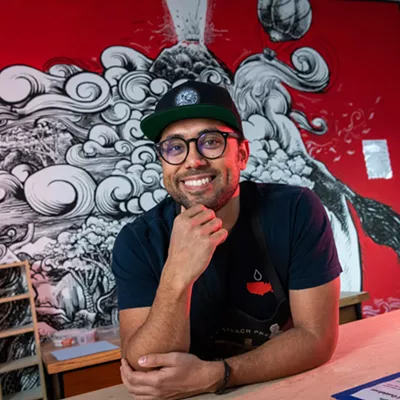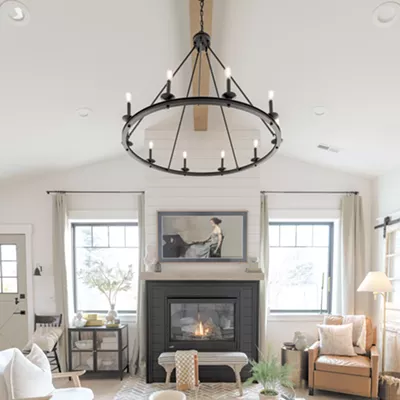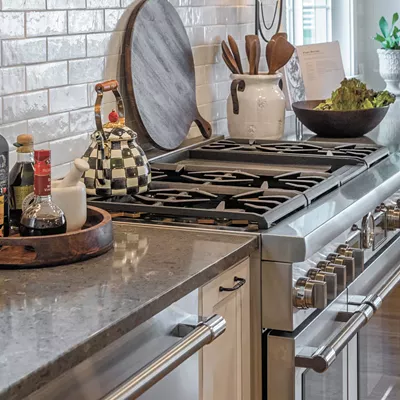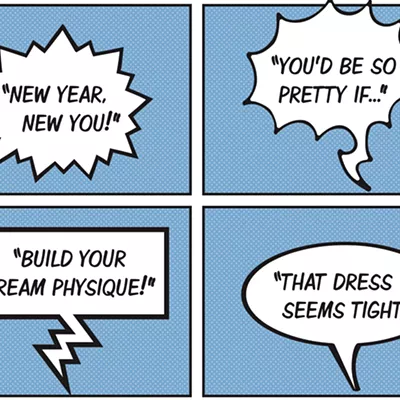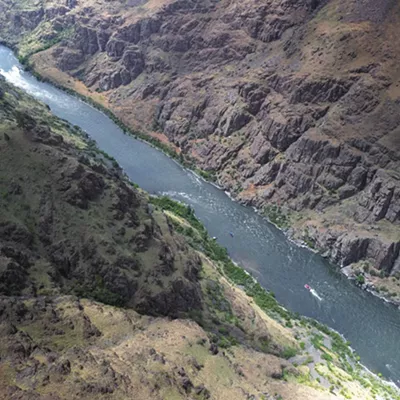
It was during the time when our new neighbors were clearing the forest beneath their second home, and I was lamenting the loss of habitat for Dark-eyed juncos and chipmunk and hiding places for newborn fawns, that the first call came. The thought of displacement, of losing one's sanctuary, weighed heavily on my mind.
Level two evacuation order.
I hadn't even known there was a fire near my mother's home, 1,600 miles away in Northern Colorado. I called her, and she answered crying, "We have to leave." "Not yet," I told her. "You only have to get ready." I told her it was like before, in 2020 when the Cameron Peak Fire caused an evacuation. The first in her 60 years of living beneath Horsetooth Mountain on a stretch of land once an alfalfa field and before that meadow. My father picked the area because he knew it would be a safe place to raise their family. Above the river, outside of the forest that flanked the scrappy hillsides to the east and west. I hung up the phone and in less than an hour the second call came.
Level one evacuation. The text from the intermountain emergency alert read, "Go."
"My legs won't work," my mom said. I imagined her standing in her kitchen. The kitchen I grew up in. Where I made Shrinky Dinks in the oven, where my dad lifted and sat me on the countertop laminated with something like stars, a counter I sat on licking beaters or watching eggs boil for Easter coloring. I tried to explain to my mom that it was just so firefighters wouldn't worry about people while protecting their homes. They could focus on the fire. The house, a place her husband of nearly 60 years, my dad — now gone for over a dozen — wouldn't have believed could burn.
I have a picture of my mom, dad, sister and me wrestling in the living room that I keep on my desk. A pile of us laughing. The house holding all of this, laughing, it seemed, with us. The doors and windows open and uncurtained, wide-eyed like a grandmother pulling a family to her lap. Though complex like any relationship, the house was an entity that provided sanctuary, safety.
"I don't want to go," my mother said, and it was as if she were speaking for our home, and I recall her sitting beside her mom, my grandmother, on the morning she died, and I imagined myself in the future struggling with a similar goodbye.
I write because it is how I escape the loneliness of this home of my body. My mind. I write because it is how I connect to others. Seek solace, wisdom. So I wrote on social media that I was afraid for my mom. That she was being evacuated. And friends in the area said, "Send her here." To their homes. They would take her in, pull her into the lap of their family. And so she went. I imagine her last minutes. Locking the door. Stacking the clean dishes by the sink. Knowing that whatever she put in the car didn't matter. Driving away knowing that what was left behind could never be replaced. Would, essentially, die.
I updated friends. At least your Mom is safe. That's all that matters, one friend wrote and a few others agreed. My cursor hovered over the thumbs up icon, thankful for the empathetic words, but also uncertain. I closed my eyes and could see that squat little house. White when I was brought there. Blue throughout my teens. Now a bright yellow with red trim, my mother finding joy in applying mood to her home. It looked so alone against the smoke-filled sky. My mom wanted to stay and protect it. I told her to leave the sprinklers on. A futile gesture perhaps, but also a loving one.
"...perhaps our greatest work lies not just in mourning what is lost, but in building a place for grief to reside."
In the last few years, I have seen pictures of friends' homes turned to ash. I have listened to them talk about that death. Not what was lost within the home, though that mattered too, but that home being a body that held memories, that was cared for and adorned. It was a safe place when one was scared, a sacred friend filled with one's deepest secrets, an entity that held and had life. Yes, my friends were safe, but still, in a sense, they lost a member of the family. A profound loss.
Many things can be true at once, and none need to be ranked in value. The fire that did not burn my childhood home was started by humans. Many are not. My mother is back home and canning peaches where she has canned peaches for 60 years. Other friends wander thrift stores looking for gifts for a home that is as unfamiliar as a new lover, widowed as they now are. House widowed.
I am writing this to say, in the kindest way, that in these times, "at least" — however well-intentioned — can feel perfunctory. Loss is loss. Be it house, mother, or the spirea that used to be home to the juncos that came to my feeder.
As we witness the fragility of our world, perhaps our greatest work lies not just in mourning what is lost, but in building a place for grief to reside. It lies in understanding life is more than human life — more than actual hearts beating — but the natural habitats and homes we build, and in tending to those places with the same care we give to our own beating hearts. ♦
CMarie Fuhrman is the author of Salmon Weather: Writing from the Land of No Return (forthcoming), Camped Beneath the Dam, and co-editor of two anthologies, Cascadia Field Guide and Native Voices: Indigenous Poetry, Craft, and Conversations. Fuhrman is the associate director of the graduate program in creative writing at Western Colorado University. She resides in West Central Idaho.




